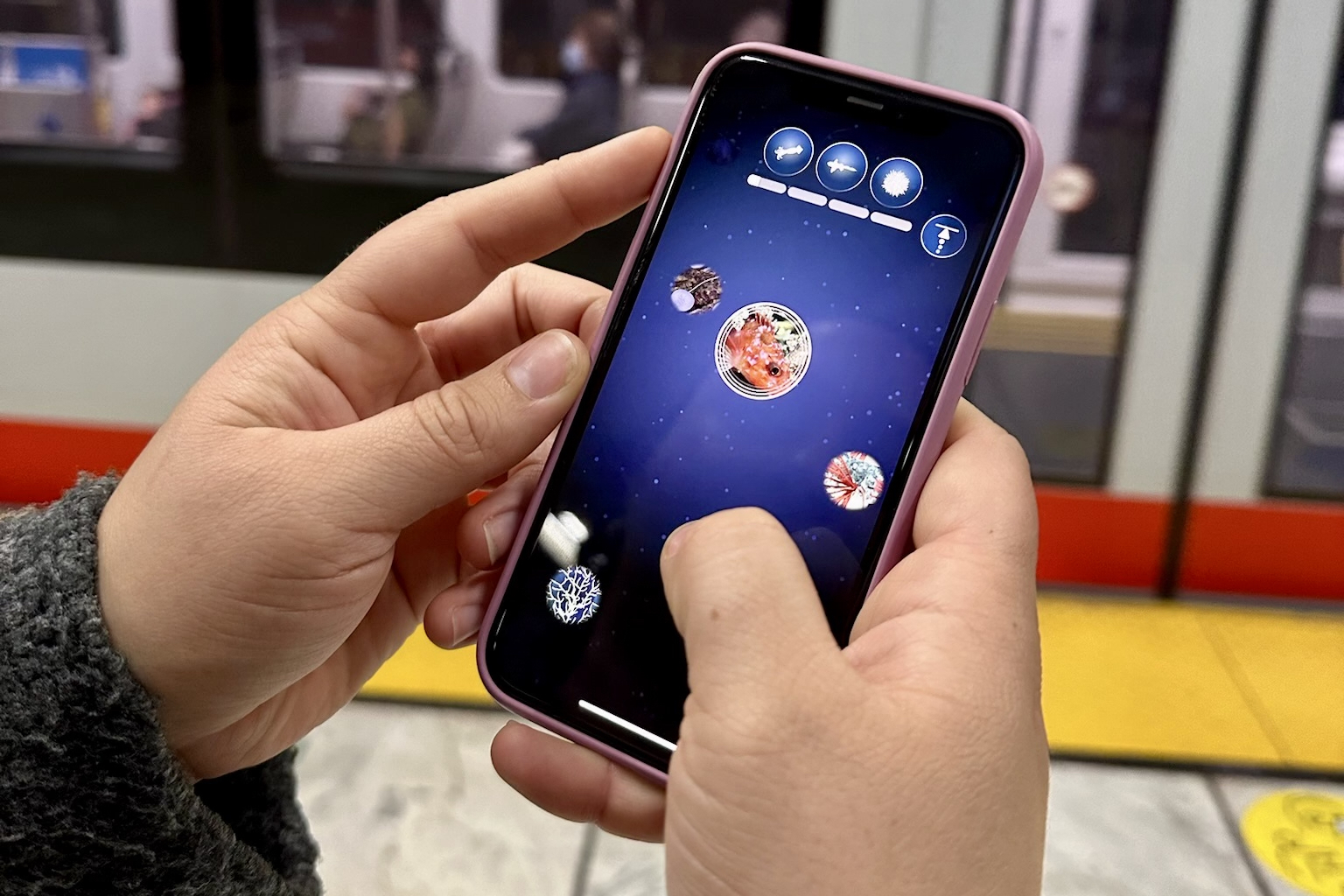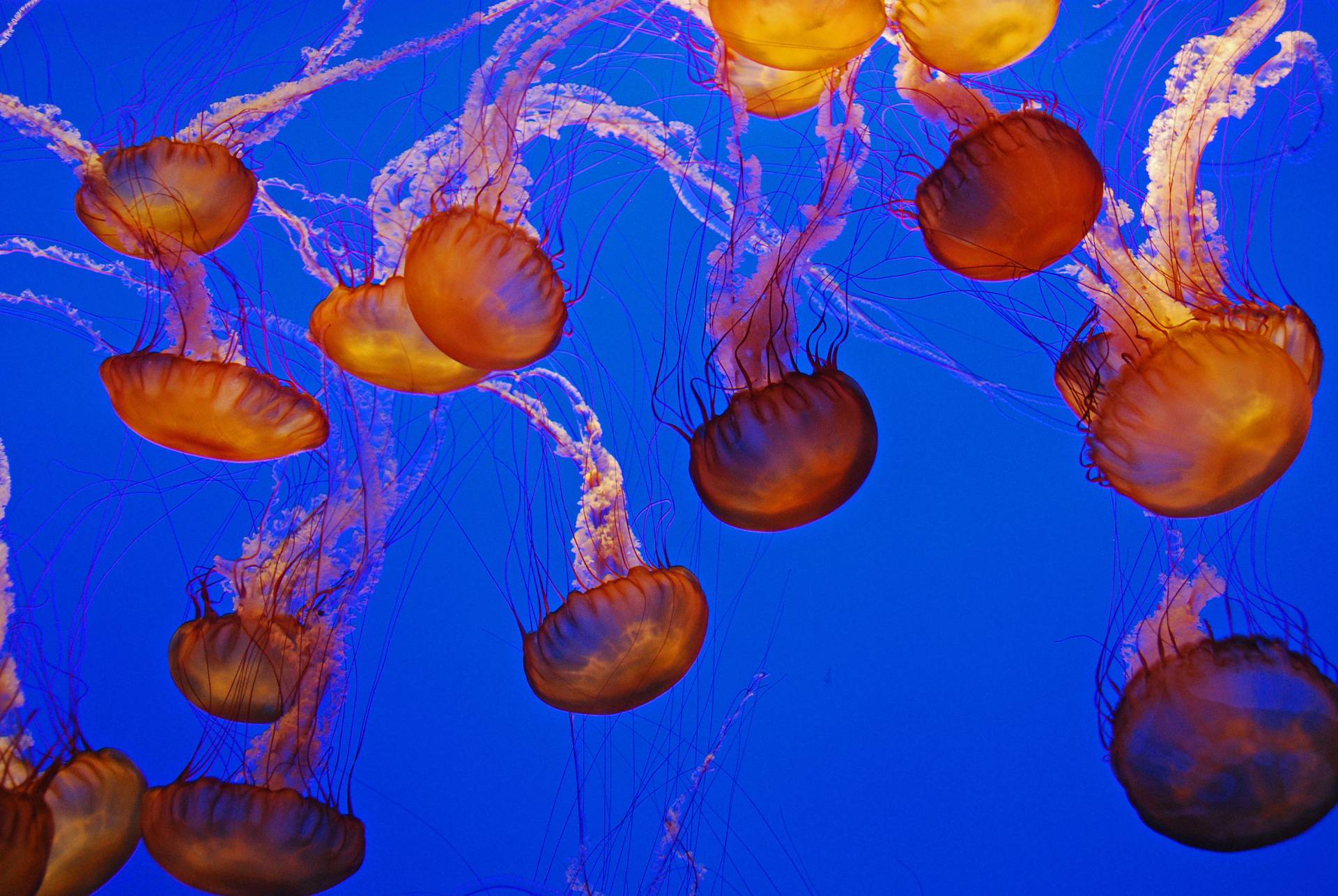As you drift along the currents in our underwater ocean world, you’ll find jellies, sea spiders, starfish, anemones, octopuses, isopods, and so many other species of marine life. Your mission as an ocean explorer is to collect as many species of ocean life as possible, identify them, and contribute to the field of science.
That’s the goal of FathomVerse, a new mobile game created by Ocean Vision AI at Monterey Bay Aquarium Research Institute, or MBARI. The free game allows anyone with a phone or tablet to participate in ocean exploration and discovery. It was recently launched on the App Store and Google Play.
Similar to Animal Crossing and Sims, this cozy game gives off a relaxing vibe. It takes a gamer deep into the tranquil realms of the blue ocean while ambient music plays in the background as they slowly gather ocean animals as part of a mission. Depending on your mood, you can set the game to play music inspired by ocean soundscape or listen to a hydrophone — a collection of real sounds of the ocean and marine animals like whales, compiled by MBARI’s underwater microphone off California’s coast.
The game offers the choice between 40 different animal missions. On each mission, gamers receive a briefing that teaches them how to identify different sea creatures through diagrams that point out important characteristics. The goal of the game is to correctly identify as many marine life as possible, and collect points along the way, while unlocking more complex groups of animal missions.

“By playing the game, you’re helping to improve AI models that researchers use to understand life in our ocean,” said Lilli Wakinekona Carlsen, engagement coordinator with Ocean Vision AI at MBARI.

